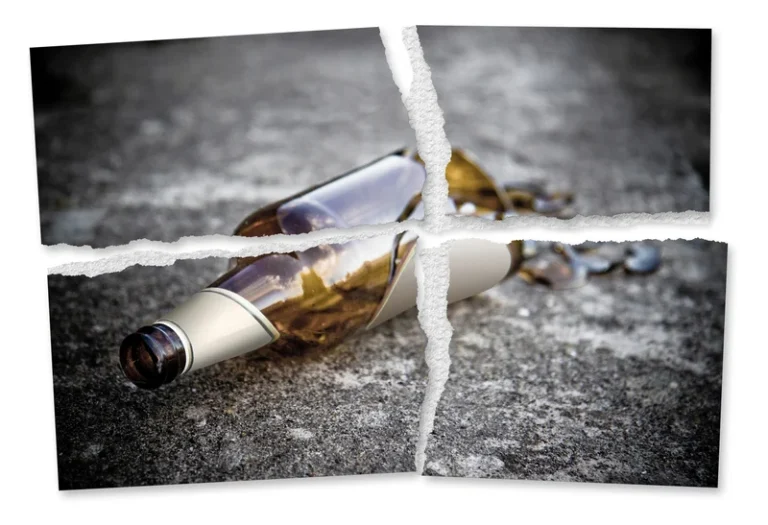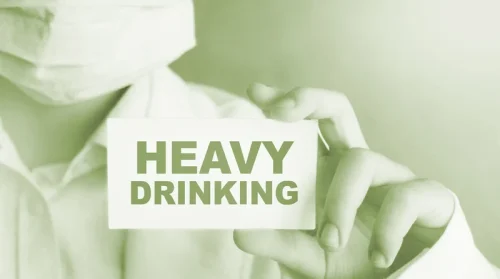
When sharing your story, be sure to emphasize your progress without being afraid of oversharing in AA. This includes everything from the physical changes you have made to the emotional and spiritual growth you have experienced. Sharing your story provides encouragement to those who may be feeling lost, hopeless, or helpless. They feel inspired to keep moving toward their goal of long-term sobriety.
Join the TAR Network’s 2024 Virtual May Summit on Healing From Toxic Abusive Relationships
Knowing that others are relying on you to stay dedicated to the journey can give you the motivation you need to overcome obstacles and stay focused. Accountability partners or sponsors https://ecosoberhouse.com/ play a fundamental role in holding you accountable and providing guidance, advice, and assurance. Making connections in the recovery community is vital for long-term success.
- It creates a bond which captivates attention and encourages understanding.
- Use this opportunity to let people know why you have been chosen for the task of telling your story.
- By incorporating Soberlink into your recovery journey, you can demonstrate your commitment to sobriety and offer reassurance to loved ones.
- If you’re experiencing symptoms consistent with a Grade 2 sprain, you’ll want to be seen by a doctor, she notes.
- NAMI In Our Own Voice is a presentation for the general public to promote awareness of mental health conditions and recovery.
The Dos and Don’ts of Sharing Your Recovery Story
Sponsorship is when an individual has a guide or mentor for the recovery journey. They draw attention to addiction’s challenges and recovery’s triumphs. It helps make sober friends, connect with the recovery community, and feel accepted. Sharing stories with those who have gone through similar challenges builds genuine relationships and encourages sobriety. It’s essential to recognize the advantages of social support and accountability during addiction recovery. Finding supportive relationships in the recovery community helps people navigate challenges, gain strength from shared experiences, and form a foundation for lasting sobriety.
- It is important to be honest but also inspiring, so people can understand the struggles and be amazed by the strength needed to overcome them.
- If you feel that you have experienced such a thing, you may consider this moment to constitute the beginning of this section.
- This leads to more understanding, compassion, and acceptance in society.
- When you share your story, be sure to include what you are doing in the present moment to stay sober.
- It was an impossible scenario, but you do it because you would never let anyone else care for him, because they couldn’t do the good job that you would,” Hayley said.
Feature your center
A lot of shame and guilt often accompanies addiction, so be open about your emotions during your addiction and recovery. However, it’s important to do a little prep before you share for the first time. The process can be a bit nerve wracking but is ultimately rewarding and fulfilling. To help you get started, I’ve found several dos and don’ts you can use as a guide for telling your AA story. The FHE Health team is committed to providing accurate information that adheres to the highest standards of writing. This is part of our ongoing commitment to ensure FHE Health is trusted as a leader in mental health and addiction care.
Engaging Clients Through Stories

It’s perfectly okay to come to these meetings and just listen to other people’s stories. One of the unspoken AA speaker meeting tips is to avoid sharing “war stories.” Sure, almost everyone in recovery has shocking stories of when sharing your story in recovery they were at their lowest. If mentioning this moment helps give context or adds to your share, it’s okay to bring up these experiences. But avoid bringing up “war stories” to impress, shock, or compete with others in the room.

Once a person becomes sober, the physical symptoms of alcohol or drug addiction pass rather quickly. When you share your recovery story, you speed the healing of that psychological damage. Read on to learn other ways that sharing your recovery story benefits your own recovery. Online platforms for sharing recovery stories are built on hope, education, and connection.
Share this article
In addition, Jay serves as Treasurer/Secretary of the Foundation of Recovery Science and Education. He has also served on an advisory committee with LegitScript, certification that lets search engines know which treatment centers operate safely and legally. Cinde regularly trains on topics ranging from 12-step based Dialectical Behavior Therapy and Spiritual Care principles to ethical practice and clinical supervision.

It is a skill everyone should have if they want to stay sober. Find some tips for sharing the story in a way that honors you and your recovery community. Amanda Marinelli is a Board Certified psychiatric mental health nurse practitioner (PMHNP-BC) with over 10 years of experience in the field of mental health and substance abuse. Amanda completed her Doctor of Nursing Practice and Post Masters Certification in Psychiatry at Florida Atlantic University. She is a current member of the Golden Key International Honor Society and the Delta Epsilon Iota Honor Society.
- Don’t talk about them as “good old days” or “the best time of your life.” Focus on how sobriety is a gift and the most significant change you’ve made.
- It’s essential to recognize the advantages of social support and accountability during addiction recovery.
- Below are a few considerations to help you learn how to tell your story in a compelling way.
Personal stories also play a crucial role in educating readers about addiction and recovery. Through these narratives, individuals gain insights into the challenges and how to navigate the journey towards recovery. It provides invaluable knowledge about coping skills, support networks, and self-reflection techniques. In addition to the emotional benefits of social connection, accountability is essential in addiction recovery.
